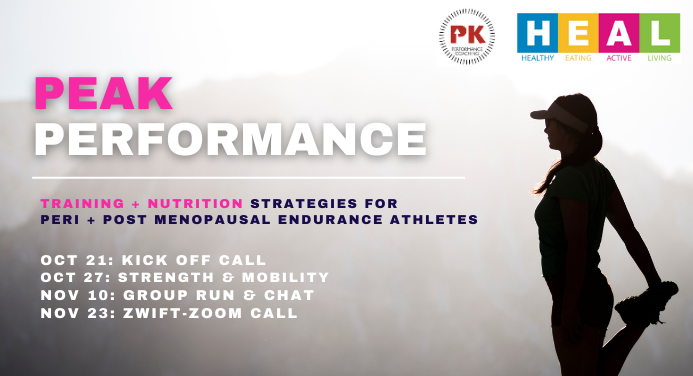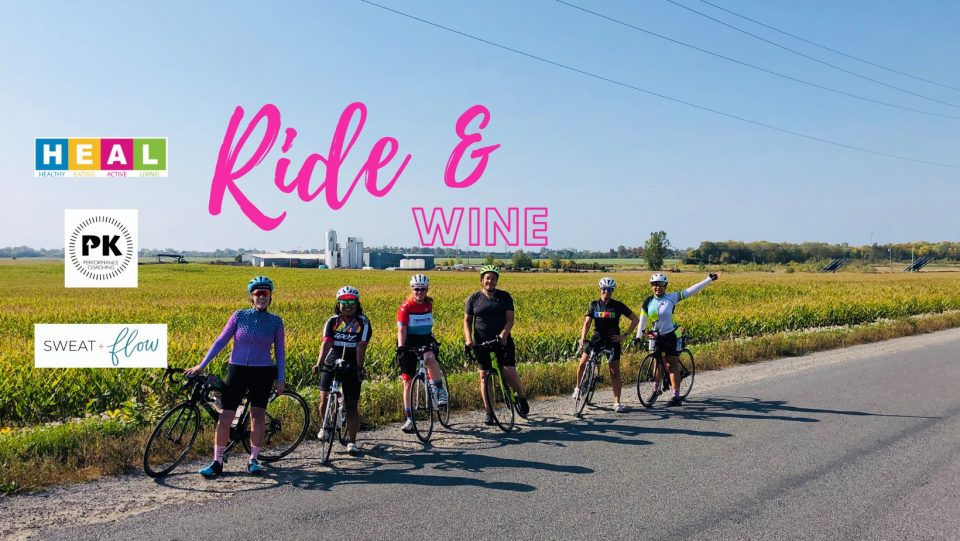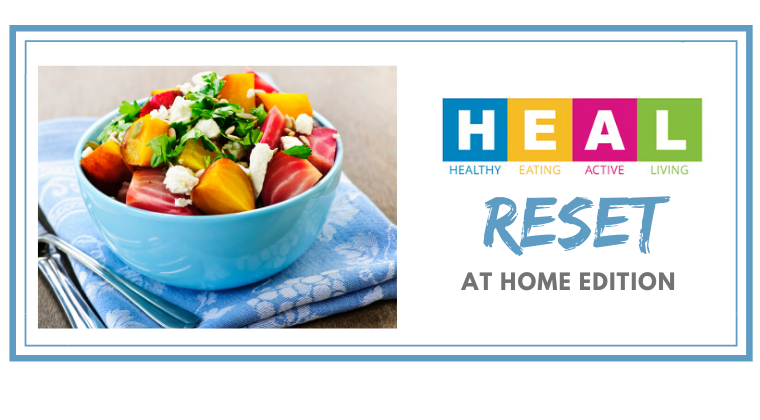
HEAL Press Release: Local Runner Practices what she Preaches
January 14, 2007I started running again recently and completed two 1/2 marathons. It’s addictive! I’m the only vegan I know who runs and wonder if you could talk specifically about vegan nutrition and running. Angela Nanaimo, BC
Thanks for your question Angela! As a vegan (a diet excluding any animal products including eggs, cheese, or other milk products) and a female athlete, proper dietary choices can help you avoid nutrient deficiencies. Vegan athletes have an increased need for caloric intake, protein, and key nutrients such as iron, calcium, vitamin C and B-complex.
The following discusses key nutrients that vegan athletes ought to consider for optimal nutritional balance.
Calories 2500-3500 per day
Dependent on age, sex, height, weight and activity level it is important to consume the right number and types of calories. Carbohydrates should account for 60-70% of your diet coming from whole grains, legumes, vegetables and fruit. The remainder of the diet should consist of healthy fats (nuts, seeds, high quality oils like extra virgin olive oil and flax seed oil) and protein.
Protein 1.1-1.5 grams per kilogram of body weight per day
It is essential to combine plant protein sources properly to provide the body with all the amino acids (protein building blocks) it requires. Grains, nuts and seeds, for example, are low in two key amino acids, where legumes are low in two different amino acids. By consuming 2/3 cups grain with 1/3 cups legumes this deficiency is corrected.
Iron
Iron is important for oxygen transfer in the blood and muscles. Female vegan athletes are at risk of low iron levels. To increase iron absorption, blanche vegetables prior to eating and soak whole grains prior to cooking. Iron absorption is increased from dark-green vegetables with the addition of vitamin C in the form of fresh lemon juice.
Vitamin B12
Typically low in vegan diets, B12 is also easily depleted by an excessive intake of refined carbohydrates, alcohol, caffeine, and oral contraceptives. Often called the “energy vitamin”, B12 is essential for the health of the nervous system and the formation of red blood cells (oxygen carriers). Vegetable sources include sea vegetables such as kelp and fermented soybean products like miso.
Calcium
Female athletes require increased calcium intake. Strenuous exercise can reduce calcium assimilation. Exercise also increases bone density requiring increased calcium to support this growth. The best non-dairy sources of calcium include: kelp, kale, nuts, seeds, buckwheat and green leafy vegetables.
Consuming a vegan diet is a healthy if the proper foods are chosen. Choose whole, fresh, local foods and supplement with a superior quality multi-vitamin-mineral to provide a baseline of nutrients. Proper nutrition is vital to increased athletic performance and injury prevention. Good luck with your running!



